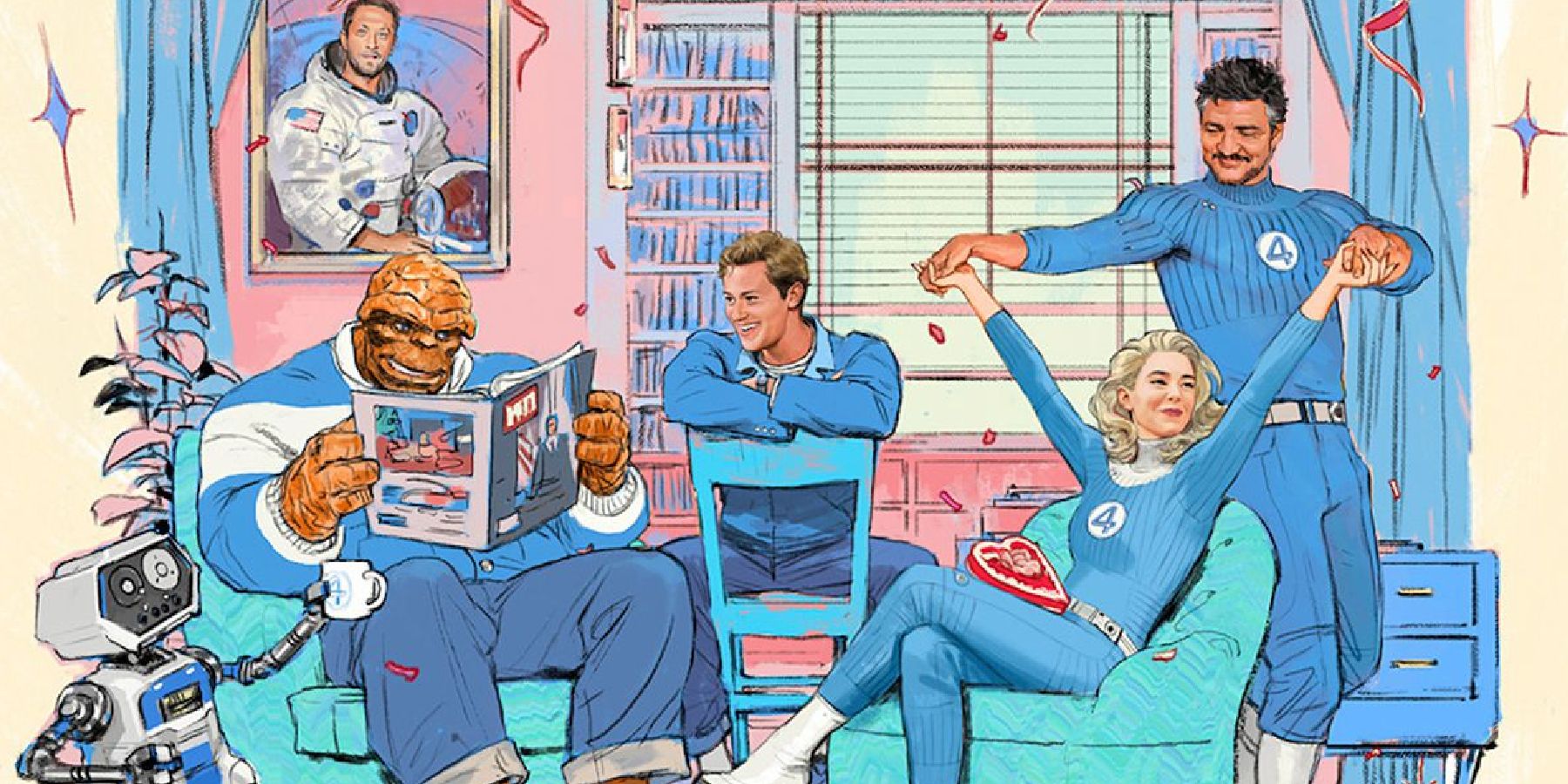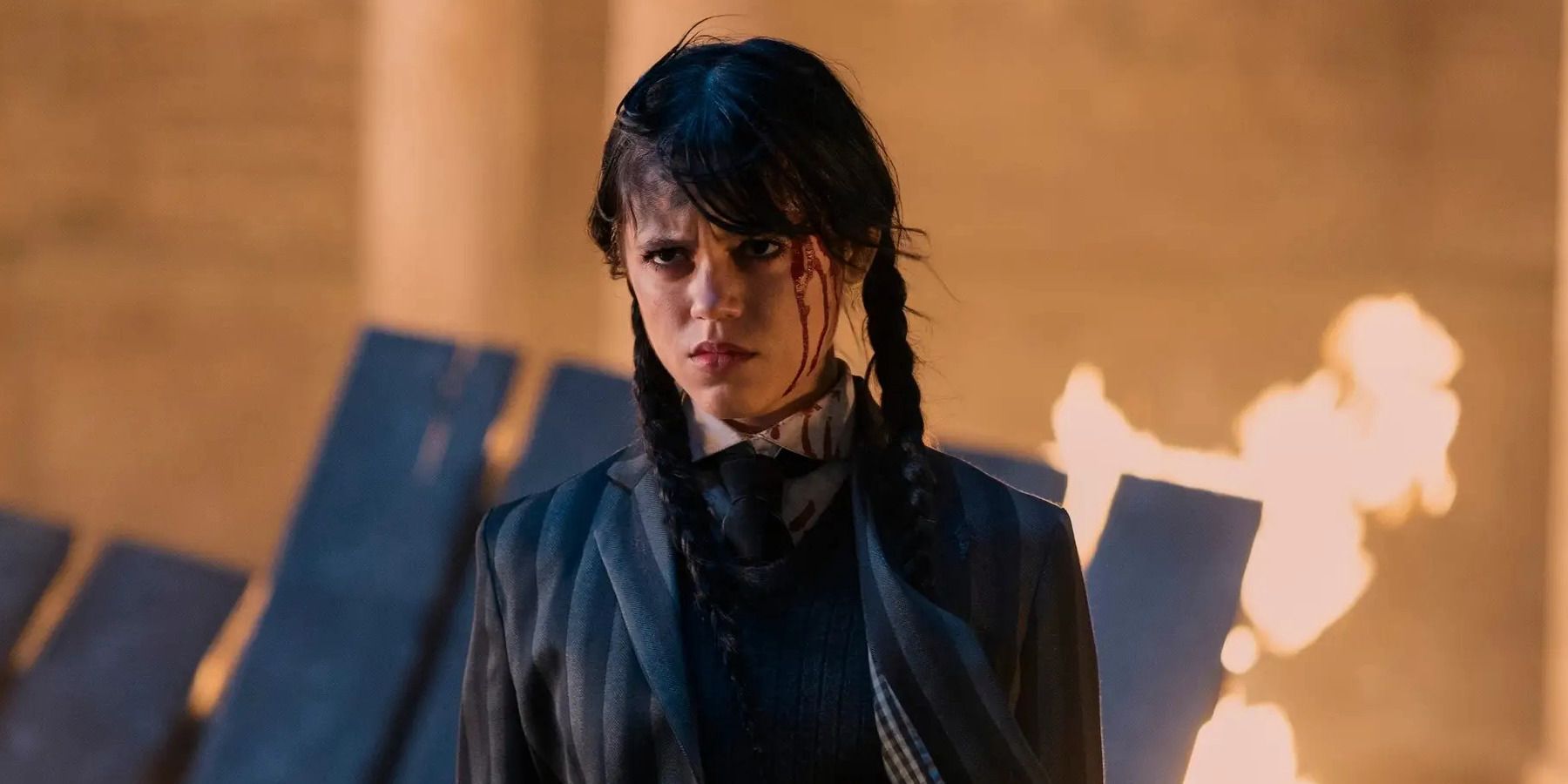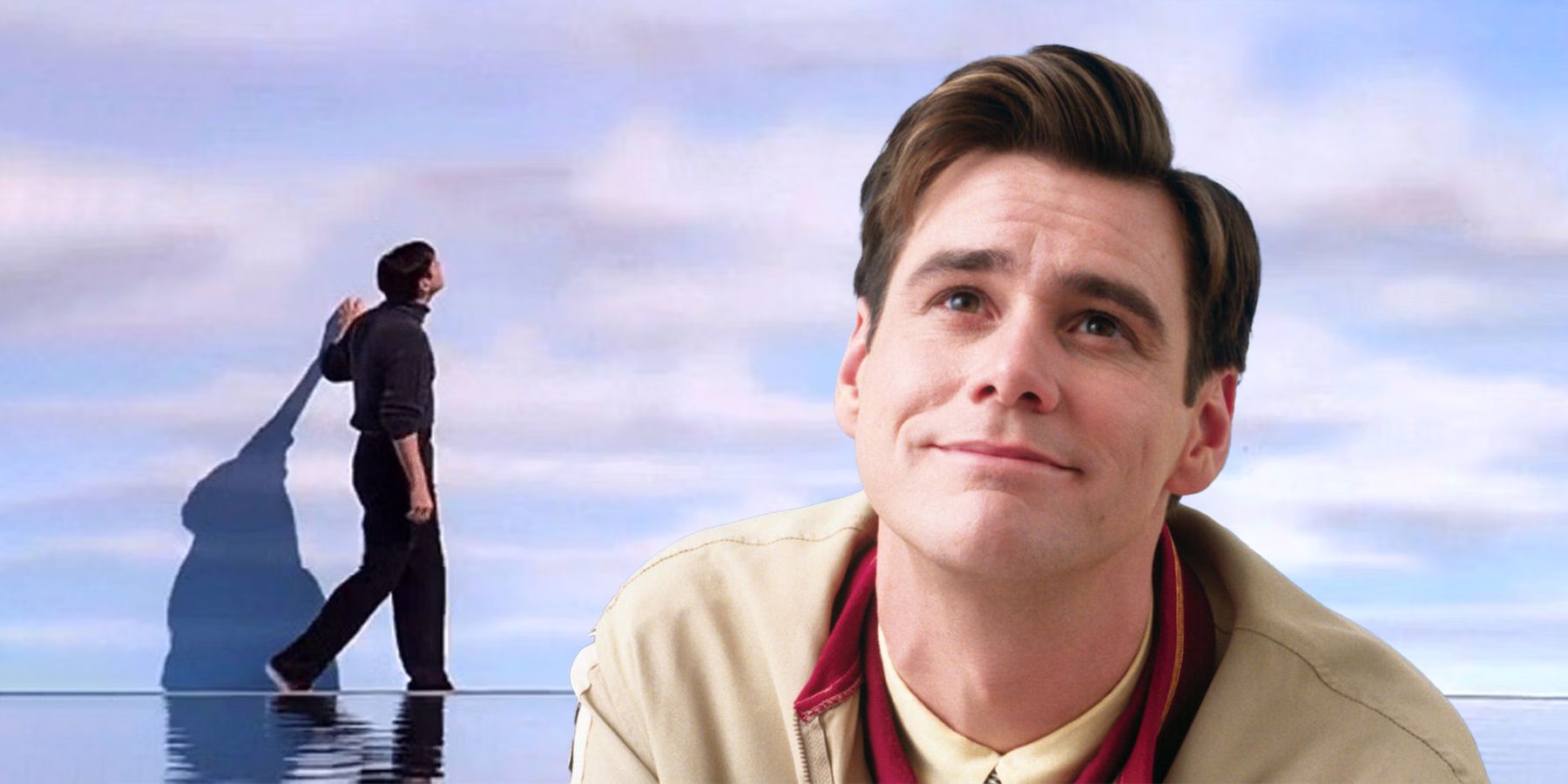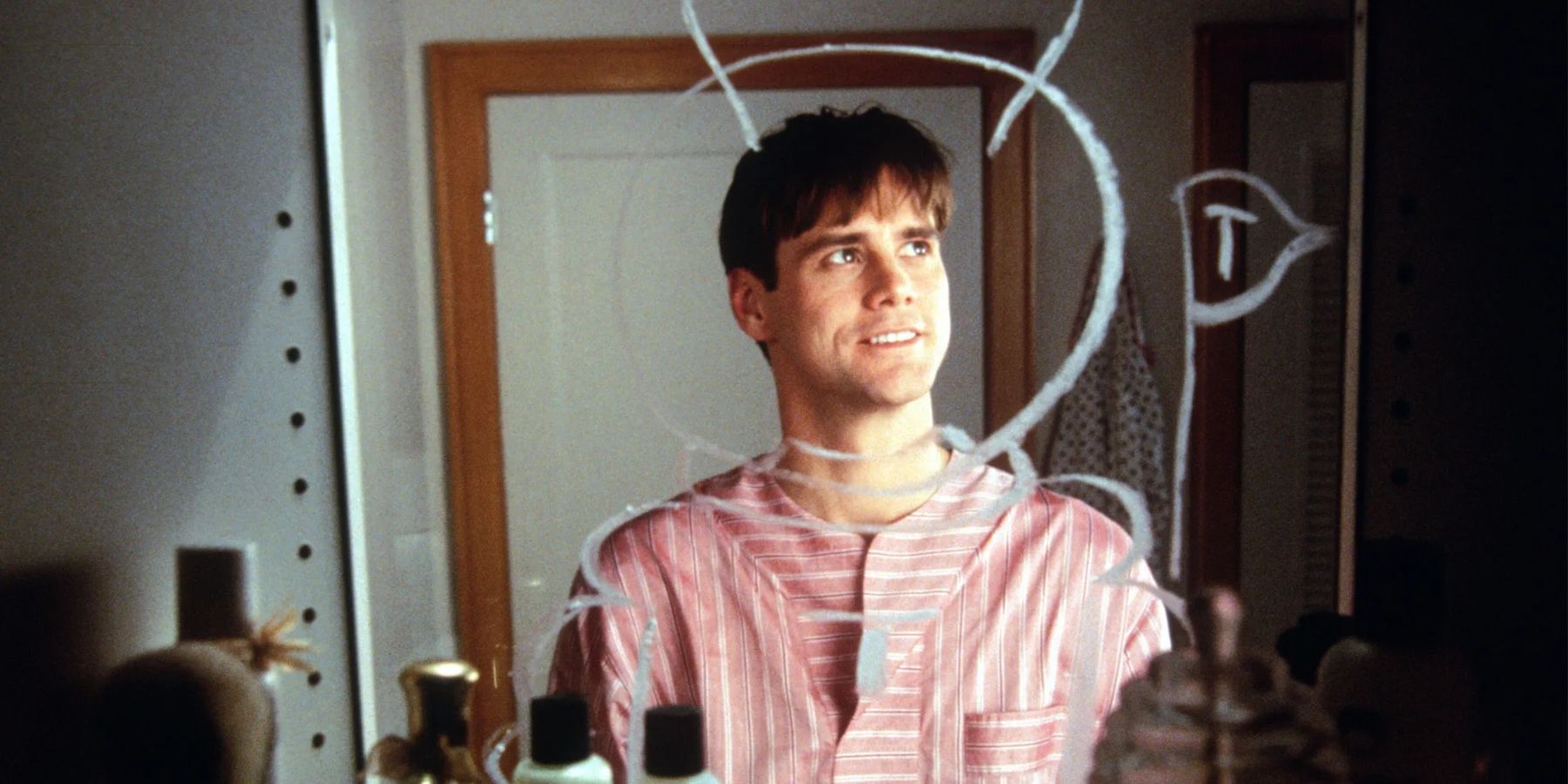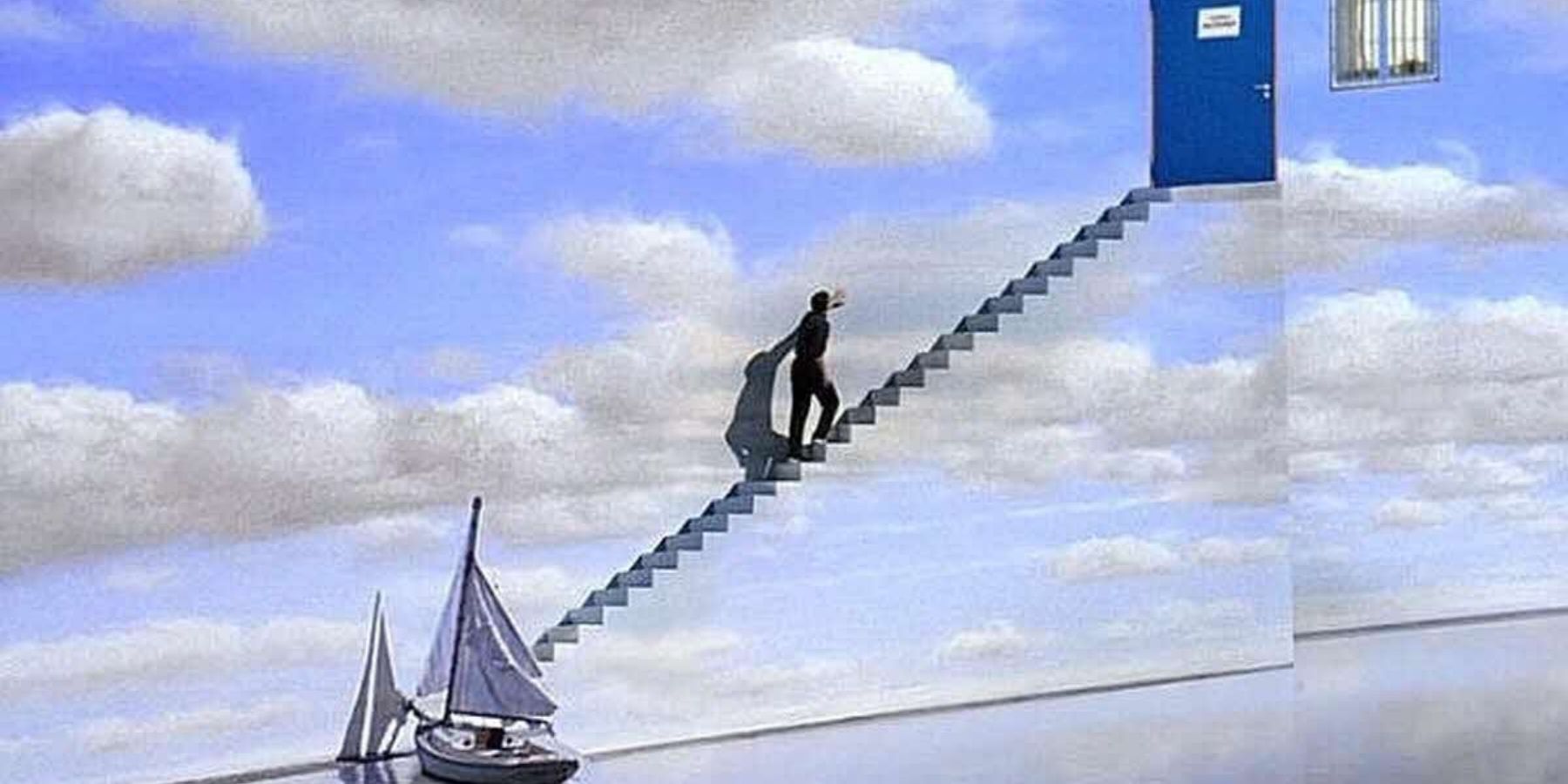In 1998, The Truman Show introduced audiences to a concept that, in many ways, feels like a precursor to shows like Black Mirror. Long before the current state of reality TV, The Truman Show sparked several debates about society’s constant thirst for entertainment. The film touches themes such as existentialism, the invasion of privacy, media manipulation, philosophy, and religion. In a way, it can be interpreted as a prophecy of the social media age, where many people willingly share their every move. Throughout the movie, a meaningful question puzzles Truman and the audience, “How’s it going to end?” By the time the credits roll, many viewers are left questioning their own existence. While its ending remains one of the best in the genre, well, what exactly does everything mean?
Written by Andrew Niccol (Gattaca, In Time) and directed by Peter Weir (Dead Poets Society), The Truman Show stars Jim Carrey, best known for his comedic roles, as Truman, a man whose entire life is broadcast to the world without his knowledge. The film received critical acclaim and earned several nominations at the Academy Awards. Its blend of drama, comedy, satire, and science fiction make it a unique watching experience that challenges, provokes, and inspires viewers on every rewatch.
What Is The Truman Show About?
The Truman Show follows Truman Burbank (Carrey), who lives in a seemingly perfect town called Seahaven, where he has a job at an insurance company, a loving wife (Laura Linney), and an overall good life. However, everything about his life is actually fake, and he is the only one unaware. His entire life is, and has always been, a world-famous reality television show, where he is the star, with hidden cameras constantly capturing his every move. His entire town is a giant television set, and every person he meets or interacts with, including his own family and friends, is an actor playing a character, doing whatever they are told. The show’s creator, Christof (Ed Harris), controls every aspect of Truman’s life and his surroundings, from the people he interacts with and the products he consumes to the weather. Christof’s ultimate goal is to create an authentic and relatable (and profitable) television show that keeps audiences entertained 24/7.
Truman notices some unusual occurrences, such as his coworkers repeating the same phrases, a light falling from the sky, and product placements. He starts questioning his life and his loved ones’ true intentions. As it starts to rain, but just on him, Truman becomes convinced that everything in his town somehow revolves around him. Truman becomes determined to leave Seahaven and travel to Fiji, where he believes that Sylvia, the woman he loves, lives.
It is revealed that during his youth, Truman had fallen for Sylvia (Natasha McElhone), an actress who was meant to be an extra named Lauren. Their brief but meaningful relationship is presented in a flashback, where they meet and instantly connect, against the showrunners’ wishes, who want Truman to be with his now wife “Meryl.” Truman and “Lauren” manage to be alone for a moment, where she intends to tell him the truth about the show and his life. She reveals that “they” don’t want her talking to him, and they share an intimate kiss, after which she notices a car approaching. She reveals to Truman that her real name is Sylvia and everyone around him is pretending. A man claiming to be her father takes her away, and as Sylvia is forcefully taken to the car, she tries to quickly explain that everything is fake and he is in a show, and asks him to get out of there and come find her. The man tells Truman that his daughter is crazy and they’re moving to Fiji. Since then, Truman dreams of going to Fiji and reuniting with Sylvia, as their relationship had been the only real moment in his life. Sylvia is then fired from the show, but begins working as an activist, with the goal of getting the show canceled and setting Truman free.
As the film progresses, Truman becomes increasingly suspicious, distrustful, and paranoid. All the actors playing his loved ones try to convince him that he is overreacting and there’s nothing going on. He starts suspecting his wife’s intentions and realizes that she is involved in whatever conspiracy is going on. He confronts her with a knife, causing the actress to break character and call for help, eventually getting cut from the show. In an attempt to lessen Truman’s suspicions, Christof reintroduces the character of his father, who had left the show during Truman’s childhood after supposedly drowning. While this apparently works and Truman is seemingly back to his routine, he becomes convinced that his whole existence is a lie and secretly begins searching for answers and a way to escape while longing for Sylvia. However, he knows that he can’t trust anyone.
One night, Truman manages to escape the cameras and goes missing, causing Christof to cut the transmission for the first time while the whole town searches for Truman. Christof even makes it daylight to make the search easier. However, by the time they find him, Truman has confronted his fear of the ocean and is on a boat, determined to get away. This angers Christof, who sends a massive storm his way and even seems to be willing to kill Truman in order to prevent him from leaving and finding the truth.
How Does The Truman Show End?
As Truman sails away through the storm, rejecting the false reality he has known all his life, the whole world watches in suspense. Eventually, the storm stops and Truman’s boat reaches the end of the set, a seemingly endless sky painted wall that resembles the edge of the world. In a heartbreaking moment, Truman reaches towards the wall and despair hits him, this wall is the proof that his whole world, and his whole life, is fake. He starts hitting the wall again and again. He finally knows. During the powerful final sequence, Truman gets off his boat, looks around, and discovers a staircase leading to an exit door. As he walks towards the door, he gently touches the wall, while a silent Christof watches.
When Truman finds himself facing the closed door, Christof takes a deep breath, and the door opens. He talks to Truman through a speaker in the sky, introducing himself as the creator of the show and revealing the truth to him. Truman asks him if anything was real. Christof tells him that he is, which is what made him so good to watch. He tries to convince Truman to stay in the world he created for him, and the whole world awaits his answer. After Truman reflects for a moment, he turns to the camera, says his catchphrase, smiles, and takes one final bow for his audience. And he exits through the door. Viewers around the world cheer for him in excitement, celebrate his escape, and then change the channel, looking for something else to watch.
The Truman Show’s ambiguous ending gives the film a lot more meaning than any explicit conclusion could have. Truman had been handed a number of explanations throughout his life, with everyone constantly attempting to justify every single thing that happened to and around him. As he faces the literal and metaphorical giant wall, he realizes that he doesn’t need another predictable explanation. Instead, he chooses to embrace the uncertainty of the real world. The film’s satirical tone is abundantly clear during its final seconds, as two viewers who cheer for Truman in excitement as he exits through the door, change the channel immediately after to see what else is on. While in the end Truman breaks free from the illusion that was his life in exchange for the truth, his audience in the real world willingly seeks a new illusion to immerse themselves in.
Another important theme The Truman Show covers is authenticity, now more relevant than ever. Christof tells Truman that his authenticity is the reason his show is loved by so many people. However, Truman tells him “You never had a camera in my head.” This single line gives a completely different perspective on many events in both the show and the movie itself. The whole concept of authenticity Christof refers to is based on his God-like complex and belief that he knows Truman better than he knows himself. He plans his show around what he believes Truman is thinking during every moment, but in reality, while every detail about Truman’s life is carefully crafted and controlled, his emotions and dreams are entirely his own. While its overall message and ending can be interpreted in many different ways, it is undeniable that The Truman Show remains an incredibly powerful and important piece of media and exploration of television culture.

